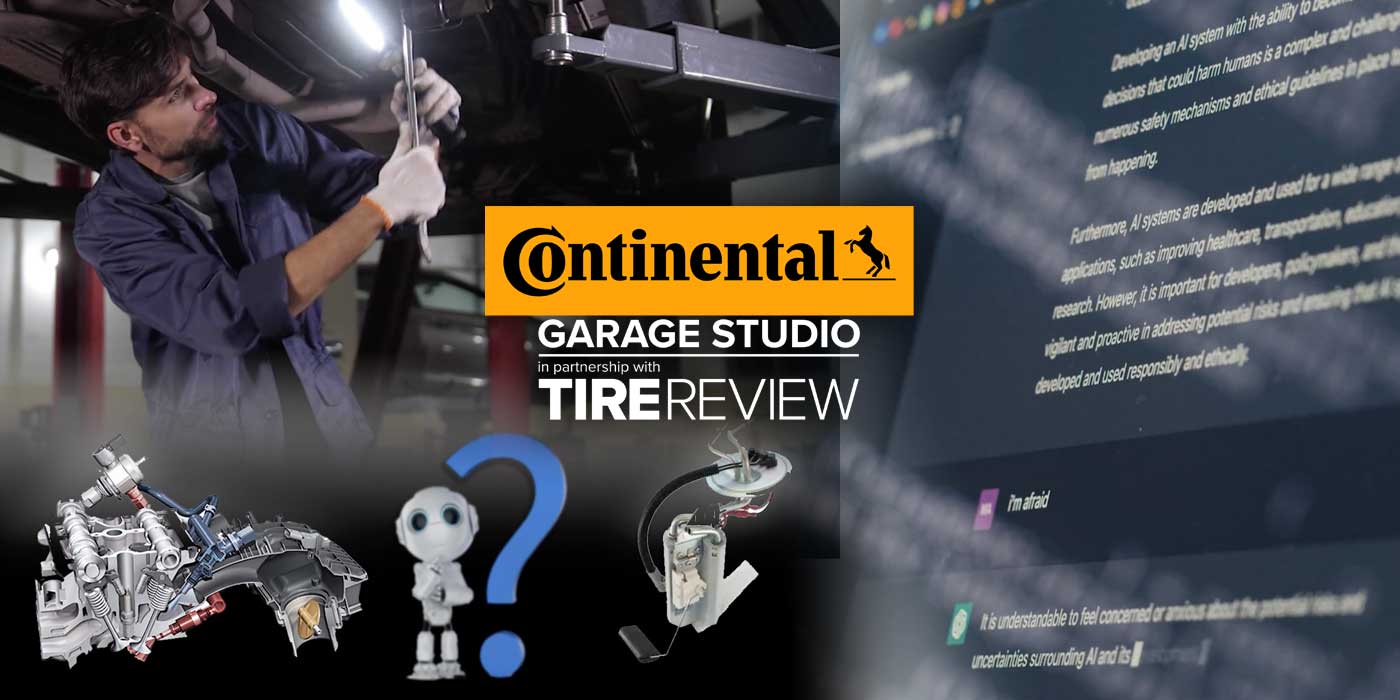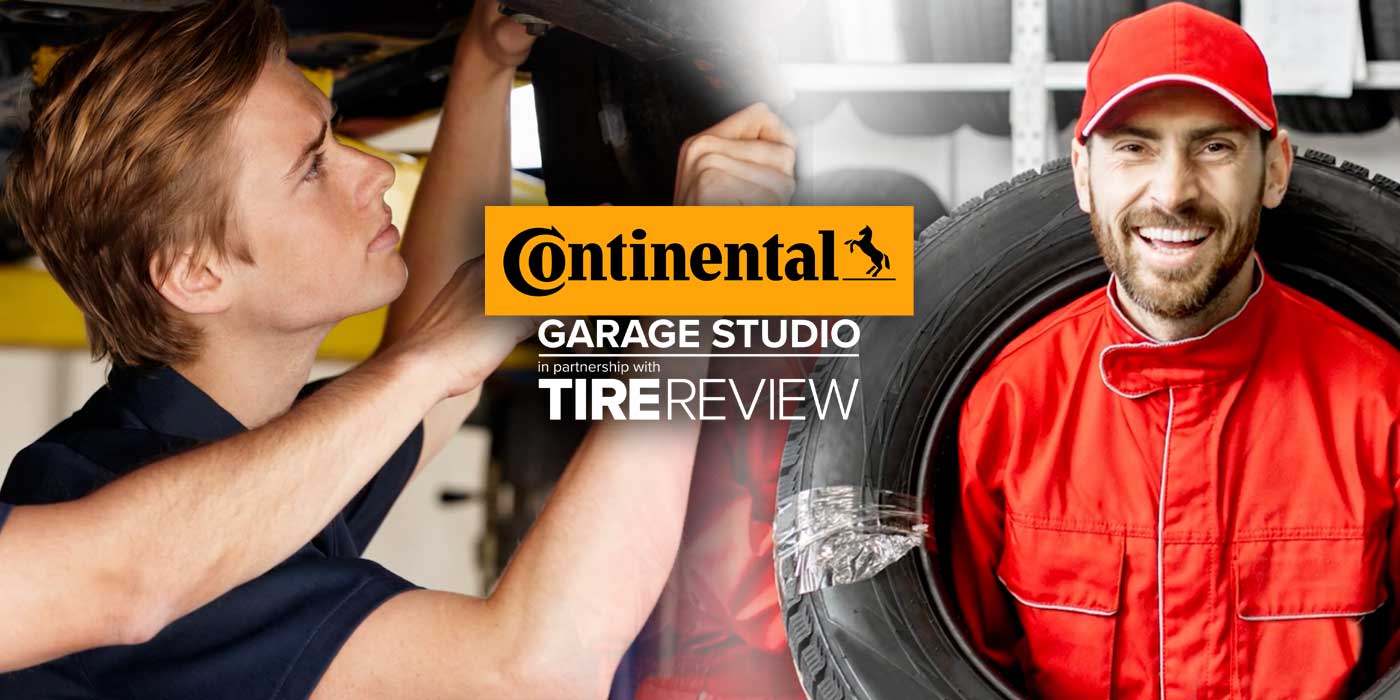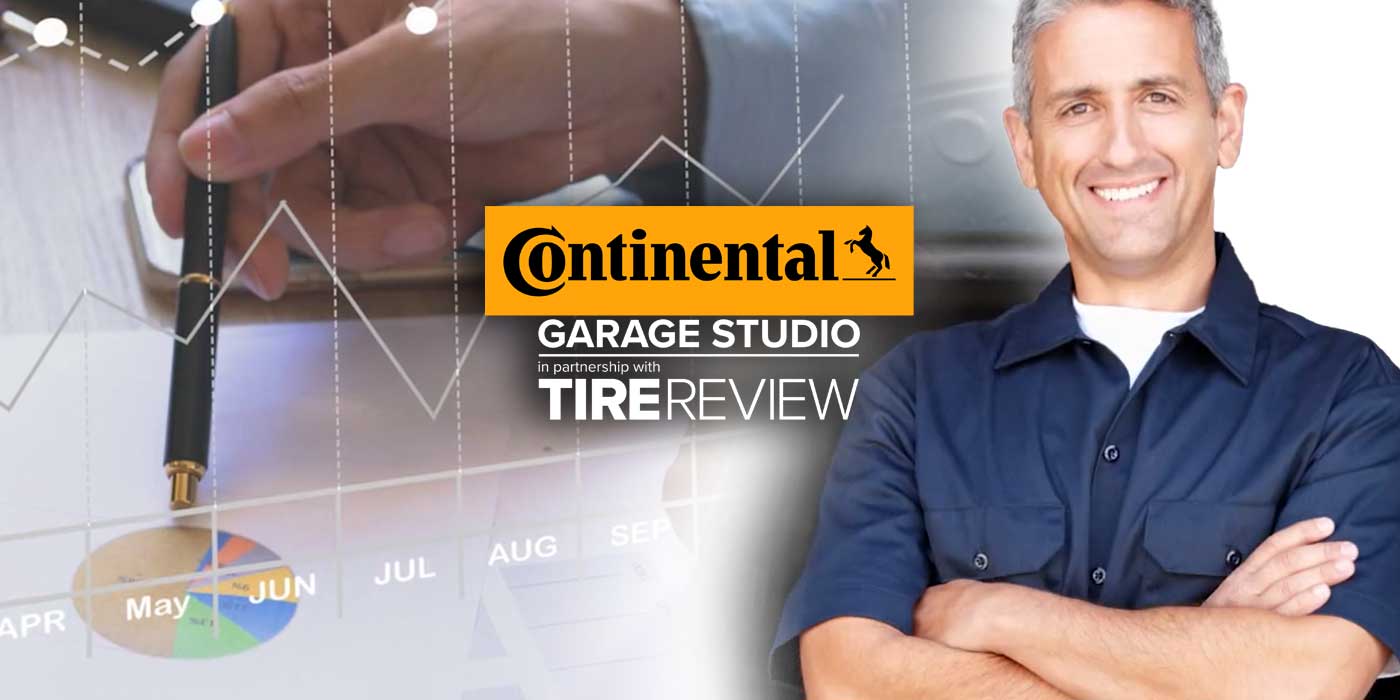When it comes to operating a successful tire dealership, software systems have become a necessity. Not only do they streamline the point-of-sale process and daily operations, but today’s software packages also offer solutions for customer communication, inventory, service writing and more.
We spoke with representatives from several software providers, who shared how these solutions drive efficiency and profitability, as well as what to look for when considering a system for your shop.
Driving Efficiency & Profitability
One of the most significant improvements in recent years is the efficiency with which a service writer can quote a set of tires, or a service job with parts and labor, and then be able to order any items not in stock electronically, according to Mike Andreoli, president of Andreoli Software.
“One of our dealers told us that what used to take about two hours a day to work up quotes for service jobs before he started using our parts and labor estimating and electronic ordering system now takes about 20 minutes,” he says. “Moreover, he is closing more sales because he can quote many of the jobs in real-time rather than having to call the customer back, which was frequently taking multiple calls.”
Jay Adams, president of MaddenCo, says it’s the job of the software system to assist dealers in quickly capturing correct and useful data in an efficient manner.
“In addition, software systems can drive efficiency by automating applications for end users, such as handling national accounts credits, which saves time and effort on behalf of the tire dealer,” he adds.
This automation can free up the service advisor to do what he or she was hired to do — take care of customers and sell service, according to John Burkhauser, director of education for Bolt On Technology.
“Software systems using tablets can almost completely eliminate paper,” he adds. “That alone changes everything, but at the same time it eliminates all of the time wasted copying tech notes, generating estimates and more.”
In addition to efficiency, today’s software solutions can help shops boost their bottom line.
Dave Vogel, general manager of ASA Automotive Systems, says the right shop management software eliminates the need for multiple providers and can help dealers increase their average repair order revenue; convert website visitors into paying customers with an AI-powered messaging platform; and increase sales for service work with two-way texting communication.
“There is certainly ‘transactional profitability’ from efficiently and accurately processing the consumer at the point of sale,” Andreoli says. “But perhaps more importantly, because the customer experience is enhanced, existing customers become advocates of the business, which further drives growth and profitability.”
The right software system can help net future sales by locking in customer loyalty with specific website access, showing their purchase/service history, and allowing for automated appointment scheduling, according to Jim Krakower, director of system development for JMK Computerized TDIS.
“Providing customers with future support (via a) customer retention module gives them a reason to come back again,” he says. “This is parallel to competitive, premier services offered from high service-oriented car dealerships.”
Krakower adds that a post-sale follow-up email or text message makes it easy to set up the return appointment.
“After the software is set up, all a shop needs to do is print a lube sticker,” Burkhauser says. “With a single click, a sticker prints, and recommendations and appointments are set for future needed work. A week before the appointment, the software will send a reminder text to the customer. Once the appointment is confirmed, the shop can pre-order parts they may need for that appointment.”
Ideal Software Features
While the bells and whistles of shop management software may seem endless, there are several basic functions that all dealers should seek when shopping for a system.
“A POS system should be more than point-of-sale, merely printing quotes and invoices,” Vogel says. “It should be a full business management system that quickly and easily helps dealers generate and retain more revenue.”
He adds that every system should have: POS, inventory control, accounts receivable and payable, quoting and estimating, direct ordering from parts suppliers and tire wholesalers, integration with major tire manufacturers and national account processing, customer appointment scheduler, texting and emailing capabilities, declined services tracking, and in-depth reporting and business analytics.
Dealers should seek one complete, fully integrated system package that combines those features, and eliminates the need to collaborate data and support across separate software providers, according to Krakower.
He also recommends cloud-based operations to minimize failure points and eliminate the need for on-site server hardware, as well as a tire industry-specific solution.
“Every tire/service dealer has unique operational features, based on their local market and company capacity,” Krakower says. “Make sure the software system has industry-trained management to assist in the best set-up and procedure for the software system to accomplish the best use and end result.”
There are many other features software systems offer dealers that bring added benefits.
Adams recommends the following enhancements: connections to distributors, national account interfaces on the commercial side, and bar code scanning and bin locations/warehouse management.
Andreoli says dashboarding and business analytics can give dealers real-time insight on what is happening in the business at any given moment, especially for multi-location operations.
“Keeping pace with changing customer behavior, the customer journey and competitors are currently the biggest concerns for tire dealers,” Vogel says. “Dealers are now looking for solutions designed to drive customers to their business with modern methods, such as connecting their company website directly with the POS to assist with website inquiries, scheduling services, helping build their online reputation and improving their local search presence. Solutions that provide the opportunity to capture customer details for remarketing at every stage of the transaction cycle are proving their worth over time.”
Seeking the Right Software
It’s important that dealers do their homework when comparing vendors, ensuring the software offering is the right fit for their shop.
“Instead of juggling different providers for POS and accounting, dealers should look to a partner that develops and provides an entire seamless solution,” Vogel says. “The ‘all-in-one’ solution means the provider creates the answer to a business problem that fulfills the obvious pain points and extends the solution to tie out the back end in detail, which equals less business overhead through the life of the transaction.”
He adds that this approach significantly reduces the effort of installation, training, support and maintenance.
Andreoli recommends dealers ask the following questions:
- Does the software salesperson get paid commission on the sale?
- Is a multi-year contract required?
- What is the software vendor’s reputation for customer service?
- How long has the software vendor been in business?
- Is the software cloud-based?
Adams says the real work starts after the vendor selection.
“The tire dealer must be willing to commit the time and resources to work with the vendor to make sure that accurate data is being placed into the system, and that the system is being set up to capture correct and accurate data once it is in production,” he says. “The software system will only be as good as the data that is input into it. Assuming that is done, the next consideration is making sure that the vendor will be able to grow with the tire dealer, which can mean any number of things, such as more stores, different market segments, distributor changes, etc.”
Understanding the ‘Ad-Ons’
Add-on software options can be a good way to boost profits further. As an example, ShopLoaner’s loaner fleet management software (shoploaner.com) is designed around industry best practices and has the tools and features required to ensure a loaner fleet is managed as profitably as possible, according to Bryon Tierney, director of business development.
Features include paperless mobile write-up with digital signature capture; the secure storage of customer information, including credit card; a reservation scheduling system; integrated vehicle maintenance tracking and reminders; a robust reporting dashboard to track fleet performance, and more.
“We help shops increase their efficiency in several ways, which in turn, drives increased overall revenue and increased revenue per repair order,” Tierney says. “First, our system is 100% web-based and generates all required insurance forms electronically. Since we bypass paper, the shop can click a button to select a car, scan a driver’s license barcode to input the driver information, and from any mobile device, capture a picture of a driver’s license and insurance card.”
This allows a rental agreement to be created and a customer to be checked out in a couple minutes, he says. The system’s reservation capability also allows the shop to reserve a vehicle for a customer and email the customer a link to input their own information, then review and sign the loaner contract remotely.
“This means when the customer arrives, the shop simply reviews the data for accuracy and sends out the loaner,” Tierney says. “This process takes less than 30 seconds. With the scheduling system, shops can keep their fleet turning and maximize their fleet ROI.”














